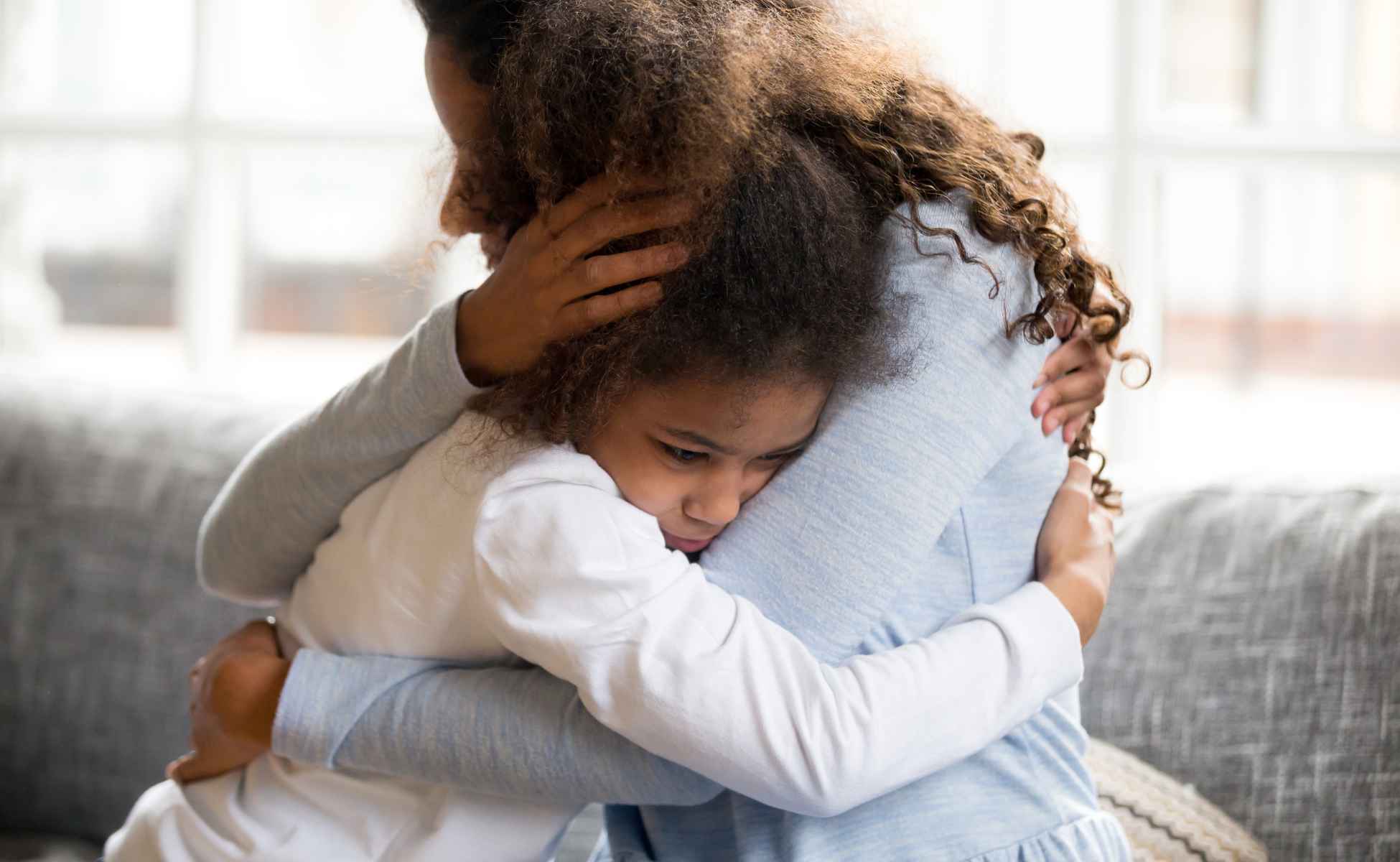The front row funeral seats are the ones that nobody wants to sit at and yet the UK’s first children and young people’s bereavement charity, Winston’s Wish, is keen to remind the sector of the bereaved young people who often fill those seats.
Paul Parsons, Head of Clinical Services at Winston’s Wish, comments, “It is vital that children and young people are remembered when it comes to arranging a funeral. Post-bereavement can be an especially confusing time, in particular for young children who may be struggling to comprehend what is happening.
“Younger children feel more secure when they know exactly what is happening, which is why we recommend using direct language. It’s natural that we as adults shy away almost from saying ‘death’ or ‘died’ and prefer to use more indirect language such as ‘lost’ or ‘passed away’. For a young child though, this may add to the confusion or give a false sense of hope.
“Younger children often display what we call ‘puddle jumping’ which is when one moment they seem consumed with their grief and the next minute they are asking what’s for tea, in essence, jumping in and out of their emotions. This is a normal way for younger children to respond to their bereavement.”
It is important too for older children such as teenagers or young adults to have the option to be included in funeral arrangements. For some, they might want to help make decisions on flowers or music played during the service, others may wish to read a poem or share a memory about the person who died. Of course, some young people may not feel ready or willing to publicly express their emotions, but it’s helpful to allow them the option.
Paul highlights, “It’s important to remember the so called ‘forgotten mourners’. When somebody dies, it’s natural and appropriate to look to the older grievers but there are often children and young adults who are also mourning their loved one and who need the support too.
“Simple gestures such as writing a card, taking a moment to acknowledge their grief, sharing a favourite memory of their loved one and so on can have a powerful impact and helps the young person to validate their grief and normalise their emotions.”

